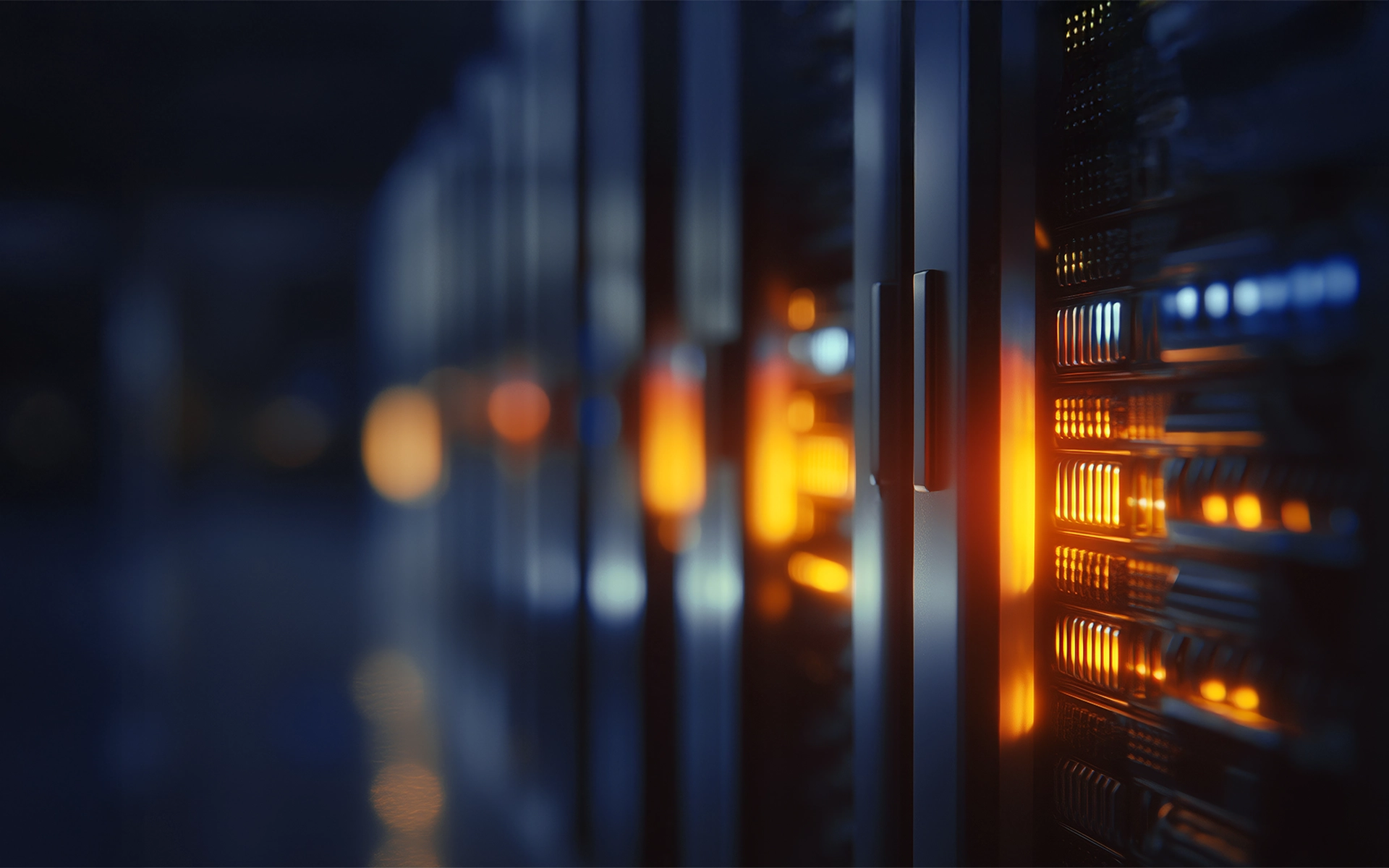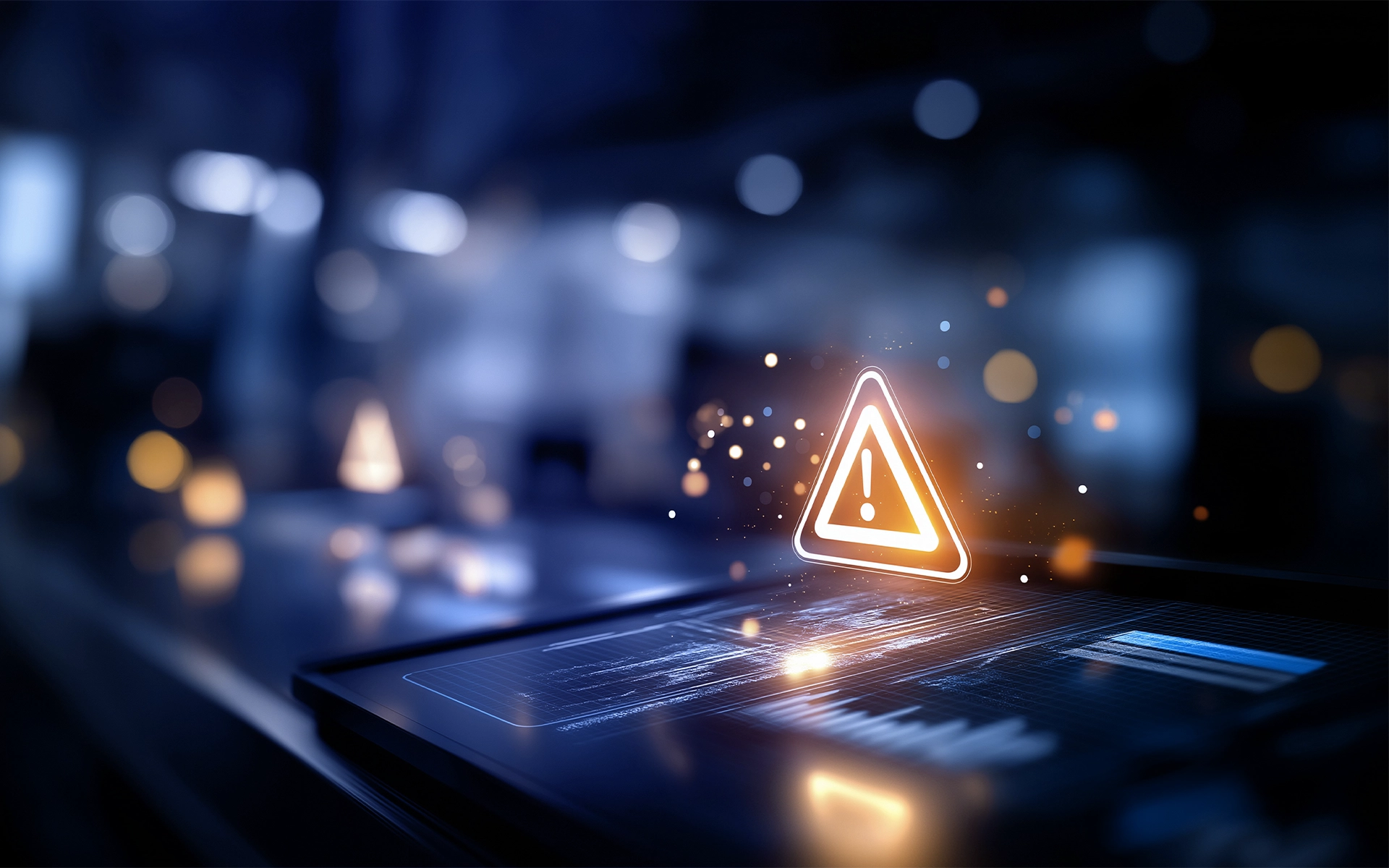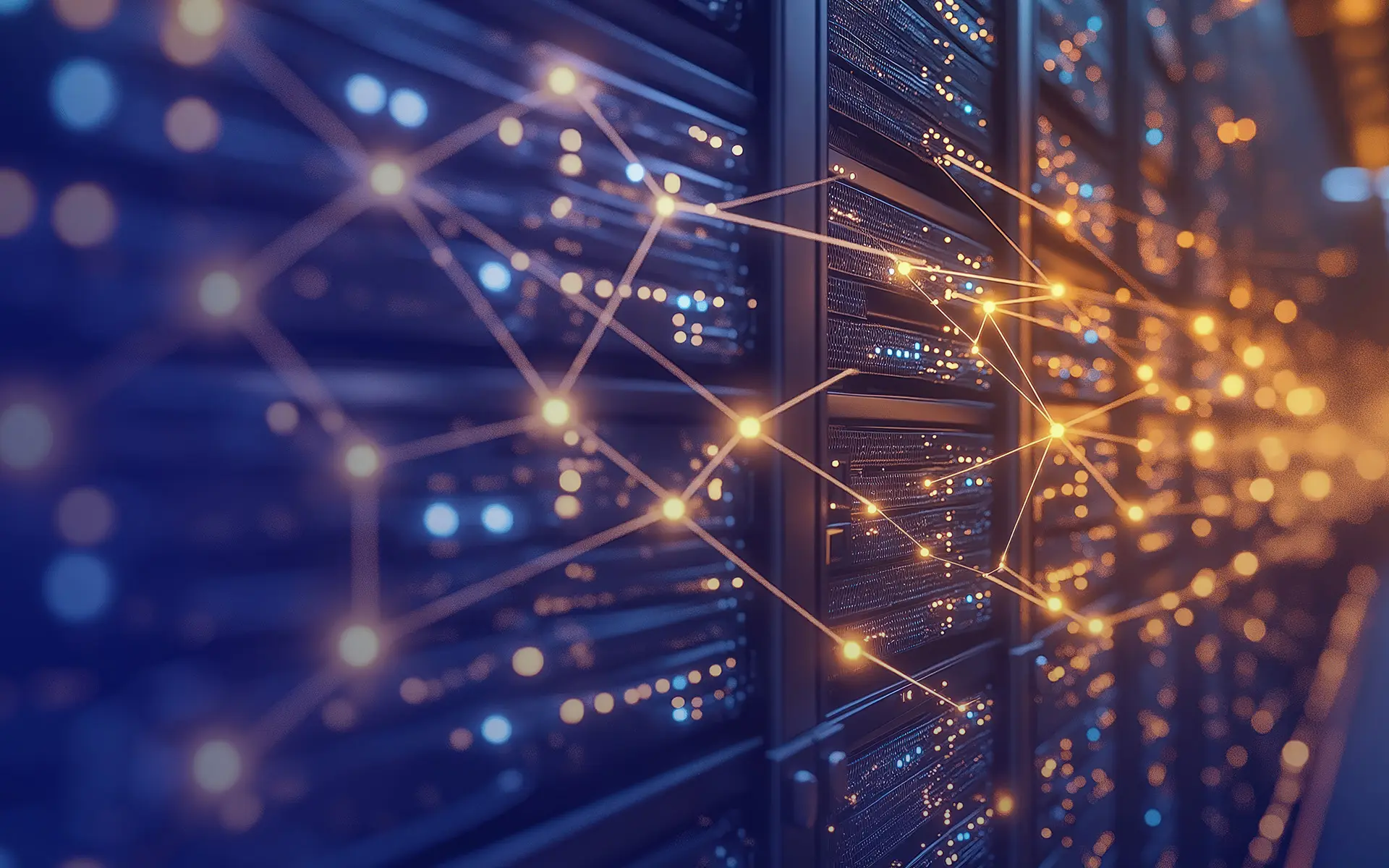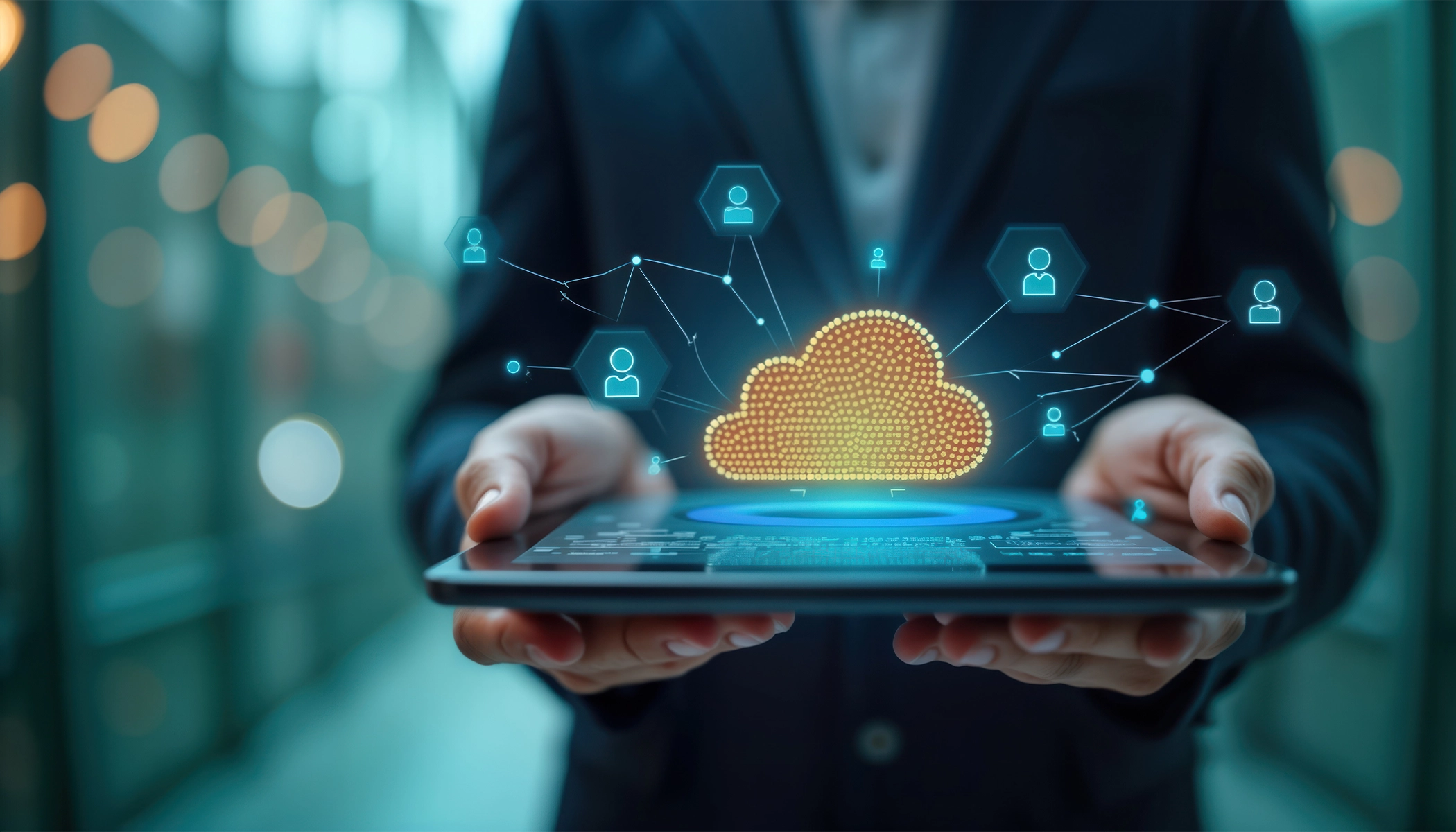5-MIN READ
Cyber Security Tips for End Users
Hi! Joe Average here! I’m just your average bloke who knows way too much about IT, with way too much time on his hands. One of the top causes of cyber security breaches is user error. So allow me to provide you with my top tips on what you can do to prevent cyber security breaches.
The majority of cyber security breaches don’t start with hackers breaking into sophisticated systems; they begin with simple user mistakes. Weak passwords, outdated software, careless clicking, or connecting to unsafe networks can all open the door to attacks. That’s why end users play a critical role in keeping both personal and business data secure.
This guide outlines essential cyber security solutions and practices that anyone can implement, from setting strong passwords and avoiding phishing links to keeping devices updated and backing up important data. By following these tips, end users can dramatically reduce their risk of cyber attacks and create a safer digital environment for themselves and their organisations.
Password protection
If you use the same basic password for everything, you are asking for trouble. Even a rebel without a cause would have fun with that. Make sure you use a complex password; one with a mix of upper and lower case, numbers and symbols. Hot tip: If you nearly forget it yourself, it’s a good one! Never share passwords or sensitive information via email or messages to avoid compromise. Remember to change your password regularly, once every 30 days is the recommended best practice. I also recommended you install two-factor authentication on all devices and programs for an additional line of defence. This common cybersecurity practice helps protect against unauthorised access. And no, for the last time, ‘Password’ is not a good password. Don’t make me say it again.
Know your hardware
Freddy from Finance has no business borrowing your USB, and vice versa. Take ownership of all of your hardware, inclusive of your computer, USB and hard drive. We also recommend that each employee has their own secured accounts for online services, including email and any other software programs you use.
Think before you click
Phishing attacks often mimic trusted sources to make you click on malicious links, increasing the risk of compromise. We are all guilty of being suckered into clickbait; the enticing news article titles that promise more information, but never deliver. This tactic is also used in phishing attacks, which attempt to obtain sensitive information. Remember, curiosity killed the cat, so we need to avoid pop-ups and unknown links and email messages at all costs. Always check with your IT manager to ensure that links are safe to access.
Install Anti-Virus Protection and Firewall
This software takes the guesswork out of malicious attacks by preventing them from entering your systems. It is the number one line of protection and has the potential to eliminate user error completely. And remember, there is no point in having it if you do not keep it up to date. Effective security measures involve regularly updated systems and staying alert to cyber threats.
Implementing Multi-Layered Cyber security
Cyber security isn't one-size-fits-all with apps and services. A stacked strategy with secure passwords, software updates, and tools like firewalls and intrusion detection systems is the way to go. Regular software and apps updates are essential methods to control vulnerabilities in systems. Protect access and keep sensitive info under wraps to manage business like a pro amidst the rising tide of cyber threats.
Update Your Software Regularly
Outdated apps and software are the easiest vulnerabilities hackers exploit. Always install system and application updates as soon as they’re available. These patches often fix security vulnerabilities before attackers can exploit them.
Secure Your Wi-Fi & Remote Connections
Your home or office Wi-Fi network should never be "set and forget." Make sure your router uses WPA3 or WPA2 encryption, has a strong, unique password, and hides the default network name (SSID). If you work remotely, always use a VPN to protect your connection from eavesdropping.
Be Wary of Public Wi-Fi
That free public café Wi-Fi isn't really free—it could be a haven for malicious cyberattacks. If you must use it, avoid logging into sensitive accounts (like banking or email) unless you're on a secure, encrypted VPN.
Lock Your Devices
Control access to computers and lock your devices to protect against unauthorised access. Step away from your desk? Lock your computer and mobile device, even if it’s just for a coffee break. Unattended devices are an open invitation for unauthorised access.
Back Up Your Data
Accidents (or ransomware) happen. Regularly back up your files to a secure cloud service or an encrypted external drive. That way, even if something goes wrong, your important data isn’t gone forever. Ensuring data is stored securely helps avoid the identity compromise risk.
Stay Alert to Social Engineering
Cyber threats aren’t always technical—sometimes they rely on psychology. Be cautious of phone calls, texts, or even in-person requests for information. If something feels off, it probably is. Suspicious requests could lead to identity or information compromise if mishandled. Always verify suspicious requests before sharing sensitive information.
So there you have it; my top tips on what you can do to prevent cyber security breaches. For questions, concerns and smart remarks, contact my knowledgeable tech mates for cyber security services at ADITS on 1300 361 984, or at enquiries@adits.com.au
Whether you're in Brisbane, Townsville, or beyond, we’re here to support you! Cheers!
FAQs
Q1: Why is end-user cyber security so important?
Most breaches happen due to human error. Even the strongest security systems can be bypassed if employees use weak passwords, click on phishing links, or leave devices unlocked. Strong end-user awareness is the first line of defence.
Q2: How often should I update my passwords?
Best practice is every 30–60 days, and you should always use a mix of upper and lower case letters, numbers, and symbols. Even better, use a password manager or passkeys to keep your accounts secure.
Q3: Is public Wi-Fi really that dangerous?
Yes. Public Wi-Fi networks are often unsecured, meaning attackers can intercept your data. If you must use it, always connect through a trusted VPN and avoid logging into sensitive accounts like banking or work email.
Q4: What’s the easiest way to improve my cyber security today?
Enable multi-factor authentication (MFA) on all accounts. It adds an extra layer of protection beyond your password and blocks most unauthorised access attempts, even if your credentials are stolen.
Q5: Do I really need to back up my data if I’m careful?
Yes. Being careful isn’t enough. Hardware failures, ransomware, and accidental deletions happen all the time. Regular backups to a secure cloud or encrypted drive ensure your data is safe no matter what.
Stay up to date
Subscribe to our newsletter for IT news, case studies and promotions






